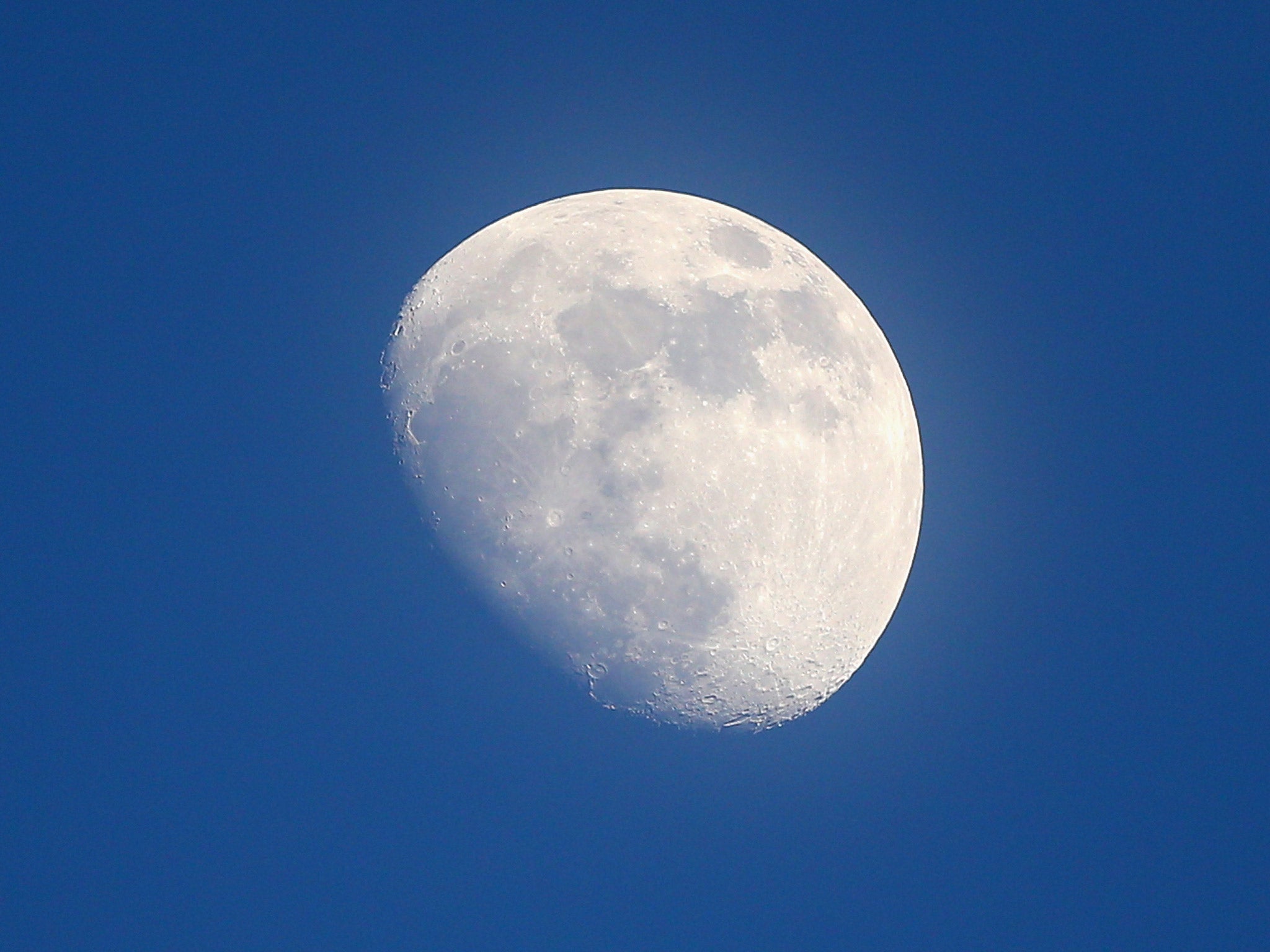Moon can affect rainfall, scientists discover
Findings of new study could help improve weather forecasts and climate models

The Moon can affect how heavy the rain is, according to a new study that could help improve weather forecasts and climate models.
Researchers at Washington University in the US discovered that because the Moon causes the Earth’s atmosphere to bulge towards it when it is overhead, the air becomes warmer to the extent that it can make rain lighter, The Daily Telegraph reported.
The change is small, accounting for about one per cent of the total variation in rainfall. But while people might not notice the difference, the findings could help weather forecasters improve their predictions and climate scientists understand longer term trends.
Tsubasa Kohyama, a doctoral student in atmospheric sciences, said: “As far as I know, this is the first study to convincingly connect the tidal force of the moon with rainfall.
“[But] no one should carry an umbrella just because the Moon is rising.”
The bulge in the atmosphere when the Moon is overhead, means the weight of the atmosphere increases. The higher air pressure increases the temperature and warm air can hold more moisture.
And Mr Kohyama said “lower humidity is less favourable for precipitation”.
Join our commenting forum
Join thought-provoking conversations, follow other Independent readers and see their replies
Comments
Bookmark popover
Removed from bookmarks